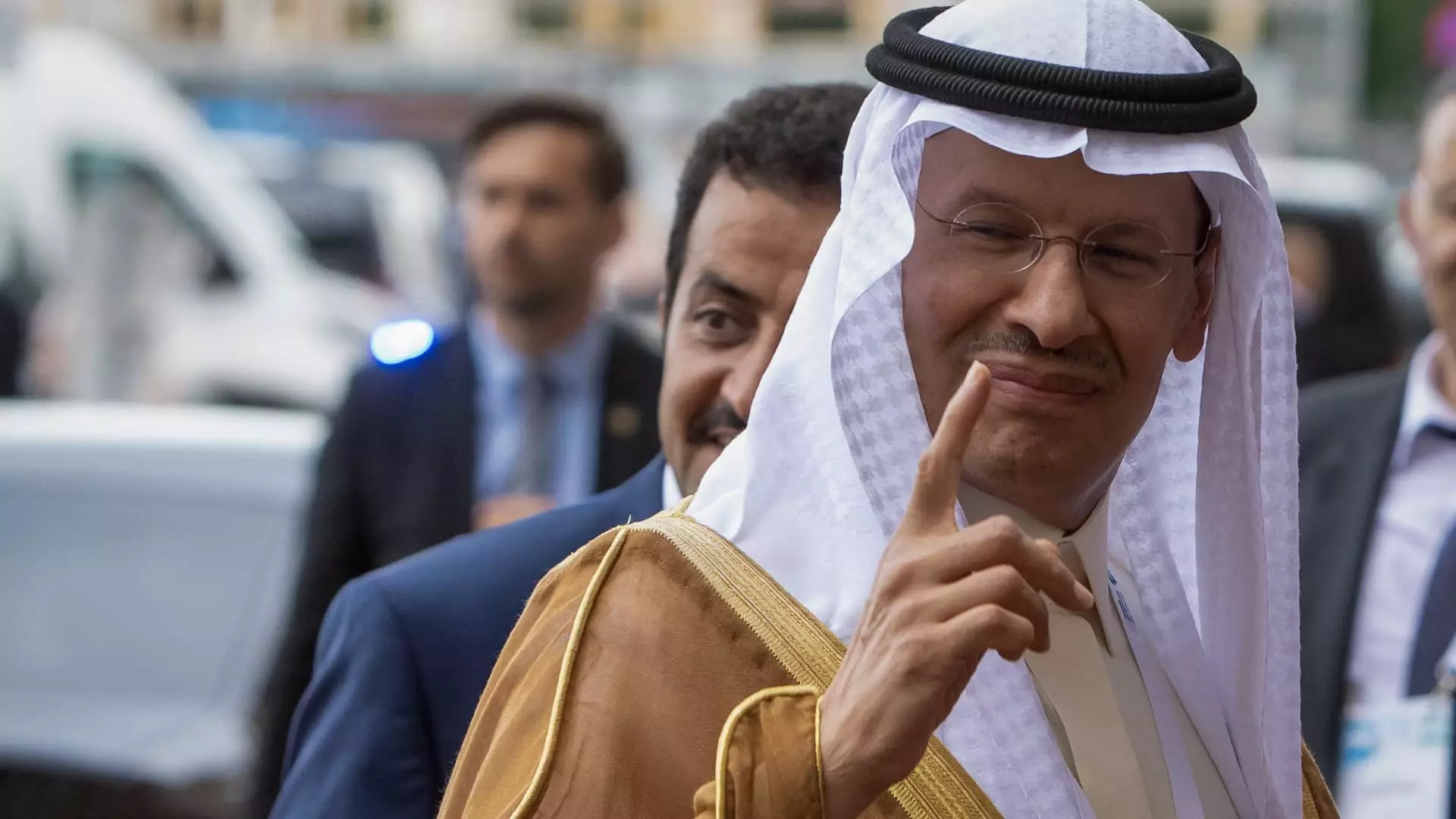In a surprising move, Saudi Arabia and Russia, two heavyweights in the oil production industry, alongside other key OPEC+ producers, have decided to extend their voluntary crude supply cuts until the end of the second quarter. This decision comes amidst a period of fluctuating oil prices and geopolitical tensions.
According to reports from the state-owned Saudi Press Agency, Saudi Arabia will continue its voluntary crude production cut of 1 million barrels per day until the end of June. This decision is aimed at stabilizing global oil prices and ensuring a balance in supply and demand in the market.
On the other hand, Russia has pledged to reduce its production and export supplies by a combined 471,000 barrels per day until the end of the second quarter. This move is in line with the commitments made by OPEC+ producers to regulate the global oil market and prevent price volatility.
In addition to Saudi Arabia and Russia, key OPEC producers like Iraq and UAE have also agreed to extend their voluntary production cuts until the end of the second quarter. Iraq will cut 220,000 barrels per day, while UAE will trim 163,000 barrels per day. These coordinated efforts by OPEC countries aim to maintain stability in the oil market.
The decision to extend voluntary production cuts comes at a time when oil prices have been fluctuating in a narrow range of $75 to $85 per barrel. Despite OPEC+ supply cuts and various geopolitical tensions, the oil market has been struggling to find a stable footing. The extended cuts are expected to provide some support to oil prices in the short term.
However, there are challenges that lie ahead, including lower demand due to seasonal refinery maintenance in China, the world’s top crude importer. This maintenance typically peaks in the second quarter and could impact global oil demand. Additionally, geopolitical tensions in regions like the Red Sea and Gaza Strip continue to pose a risk to oil prices.
The OPEC+ group is set to hold its next policy negotiations in June, where production capacities of member countries will be reassessed. The production capacity baselines will determine each country’s output limit, which could have implications for future oil prices. A higher baseline would allow producers to increase their output and potentially benefit from higher revenues in a favorable price environment.
The decision by Saudi Arabia, Russia, and other OPEC+ producers to extend their voluntary crude supply cuts until the end of the second quarter reflects their commitment to stabilizing the global oil market. As the industry continues to navigate through various challenges and uncertainties, coordinated efforts like these will play a crucial role in ensuring a balanced and sustainable oil market.

Leave a Reply